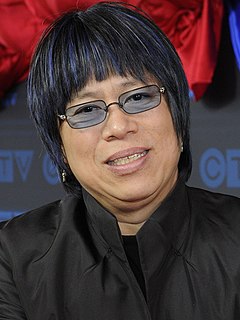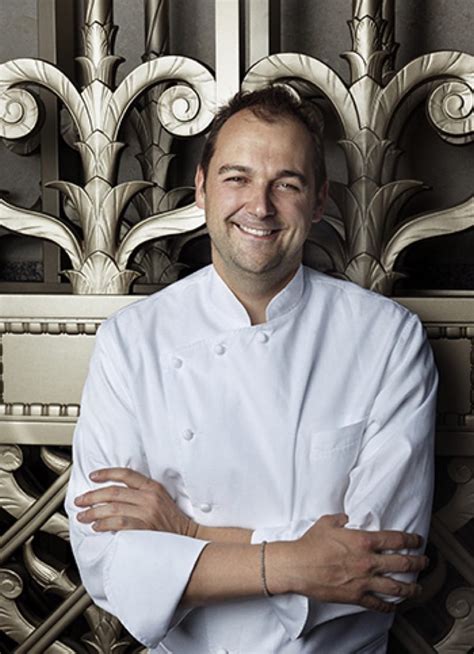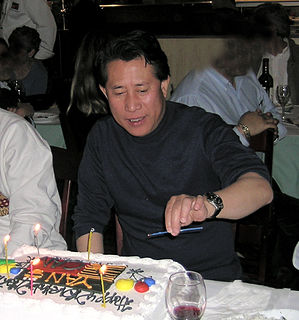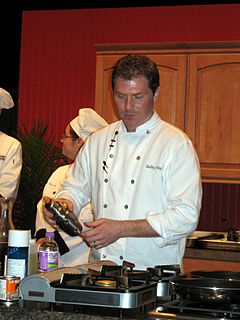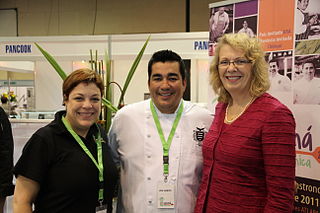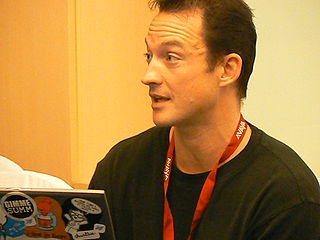A Quote by Alvin Leung
My approach goes way beyond simply ingredients and techniques. Every dish has to have a story.
Quote Topics
Related Quotes
My claim is simply that the literary approach is one necessary way to read and interpret the Bible, an approach that has been unjustifiably neglected. Despite that neglect, the literary approach builds at every turn on what biblical scholars have done to recover the original, intended meaning of the biblical text.
I think, actually, any morality system that rewards only the extremes is a flawed system. Players don't approach life that way, they don't approach games that way, and they shouldn't be trained to approach games that way. They shouldn't be in the 'Star Wars' mode where, 'I've got to choose every good option.'
